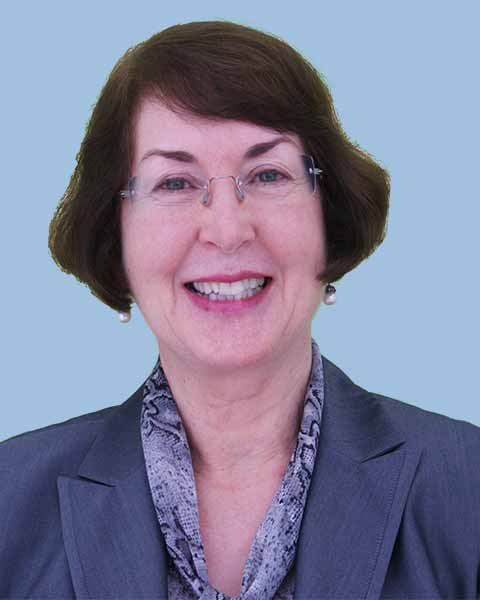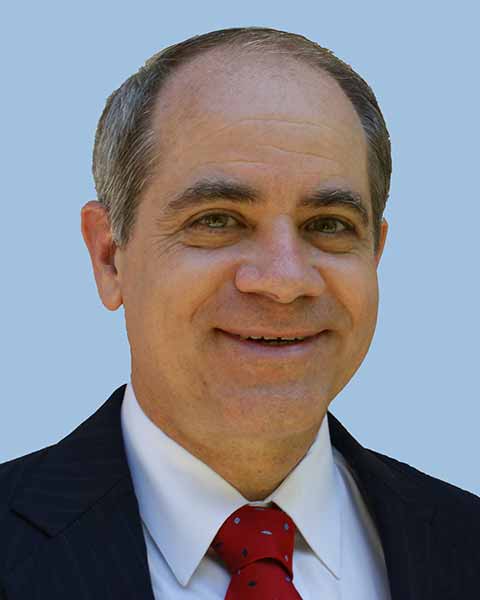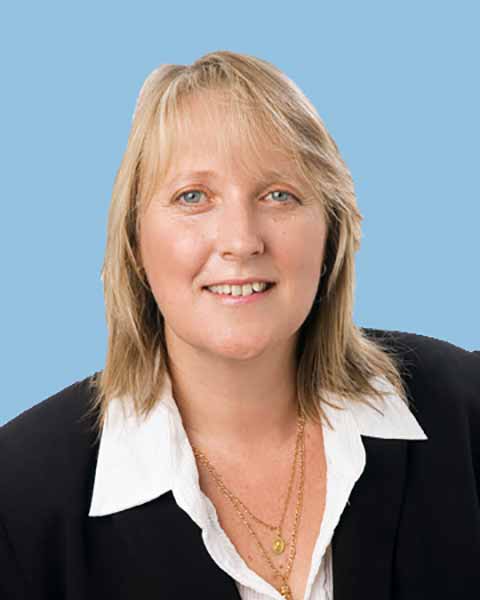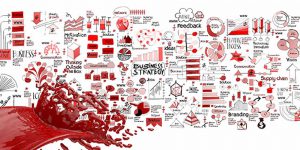ACHIEVE TOP CLASS organisational health and performance
UGM Consulting
How we help clients thrive
Let’s tackle challenges together…
Many businesses could lift performance if they focused on boosting organisational health. People would be much happier too!
Contact us for a free consult
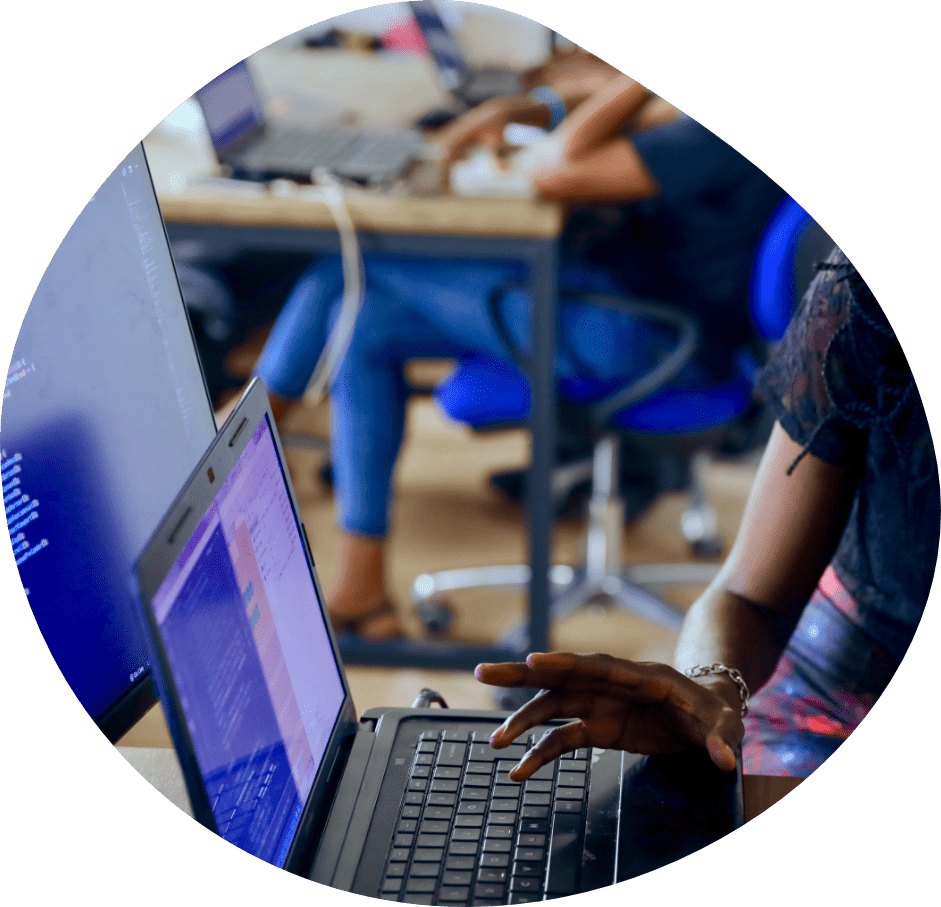
healthy organisations deliver
The undeniable link between organisational health and performance
Convincing long term studies of organisational performance and health show a strong positive association between performance and health. In fact, if you want to ensure high performance, research studies show that you should focus on building a healthy organisation and performance is likely to flow.
In one longitudinal study that tracked hundreds of businesses over almost a decade, organisations in the top quartile for organisational health delivered a 3x greater return to shareholders than businesses in the lowest quartile for organisational health. Those healthy, high performing businesses returned 2x the return on invested capital. They also delivered an average 24% sales growth, in stark contrast to the bottom health quartile businesses that had no sales growth.
One very persuasive aspect of the study involved comparing performance and organisational health in different divisions of the same organisation, with multiple organisations in the research sample. Divisions scoring high on organisational health delivered almost 1.8x the outcomes of their less healthy counterparts. So, with many elements similar across the different divisions, except for organisational health factors within each division, health’s impact on performance is clear and profound.
Organisational health has a powerful multiplier effect on performance. The most healthy organisations outperform less healthy organisations by factors of 2x, 3x or more. Too many businesses leave value on the table, even lose value, due to poor health!”
Source: UGM Consulting and various recent studies
